The best argument against democracy is a five-minute conversation with the average voter
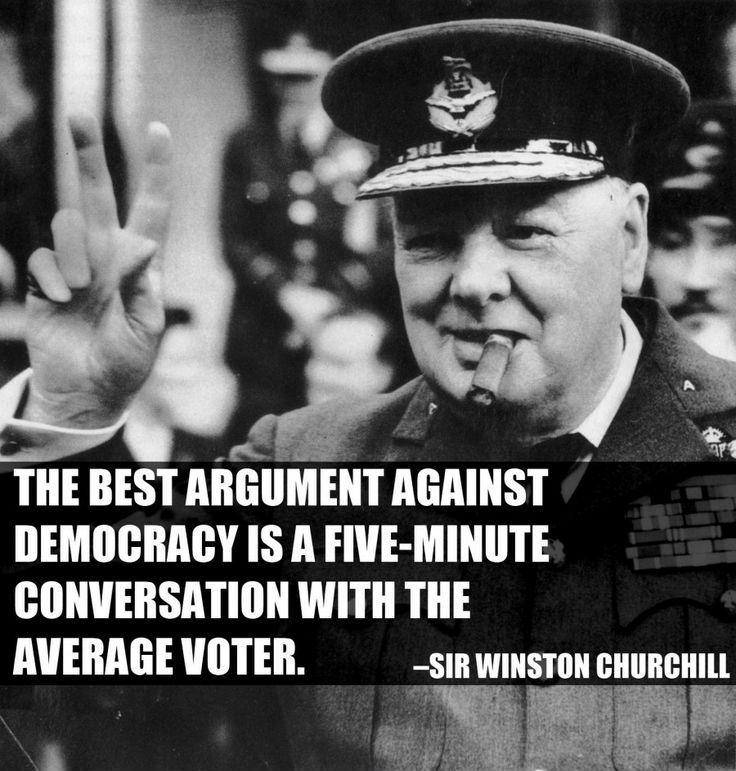
The best argument against democracy is a five-minute conversation with the average voter
Winston Churchill, the iconic British statesman and Prime Minister, once famously said, “The best argument against democracy is a five-minute conversation with the average voter.” This quote has sparked much debate and discussion over the years, as it raises important questions about the effectiveness and limitations of democracy as a form of government.Churchill’s words suggest that the average voter may not always be well-informed or capable of making sound decisions when it comes to matters of governance. This is a valid concern, as many people may not have the time or resources to thoroughly research and understand complex political issues. In a society where misinformation and propaganda are rampant, it is easy for voters to be swayed by emotional appeals or biased information.
Furthermore, the average voter may not have the expertise or experience to fully grasp the implications of their choices at the ballot box. Decisions made by the electorate can have far-reaching consequences for the country as a whole, and it is crucial that voters are able to make informed and rational choices based on facts and evidence.
However, it is important to note that Churchill’s quote should not be taken as a blanket condemnation of democracy as a system of government. While it is true that democracy has its flaws and limitations, it also has many strengths and benefits. Democracy allows for the peaceful transfer of power, promotes accountability and transparency, and gives citizens a voice in the decision-making process.
In a democracy, the average voter has the right to participate in the political process and have their voice heard. While it is true that not every voter may be well-informed or capable of making sound decisions, this does not mean that democracy is inherently flawed. Instead, it highlights the need for better education, information, and civic engagement to ensure that voters are able to make informed choices.
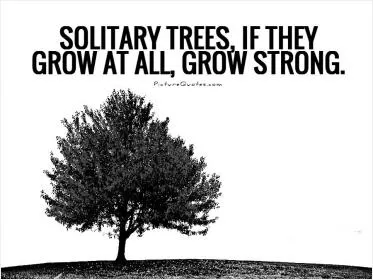
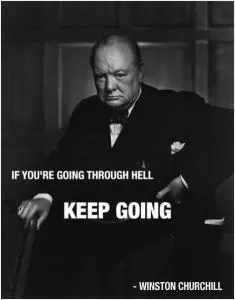
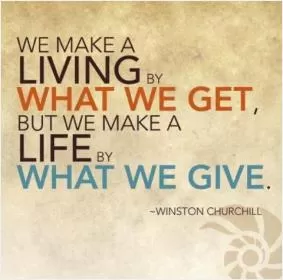
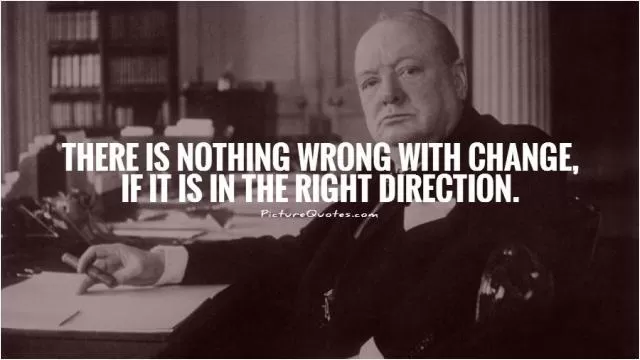
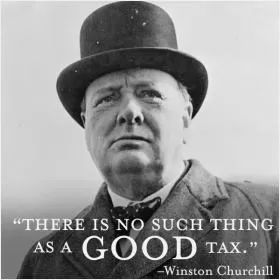
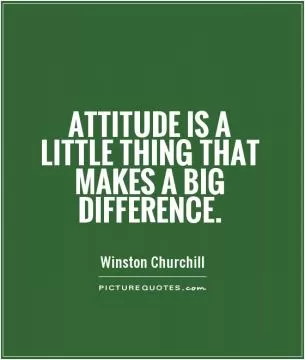
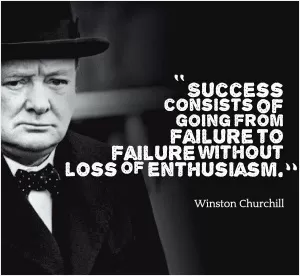
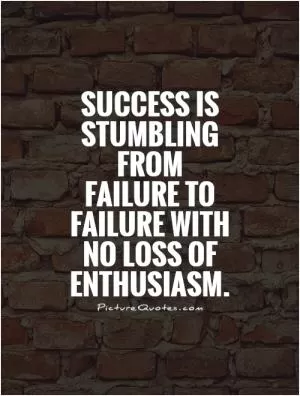
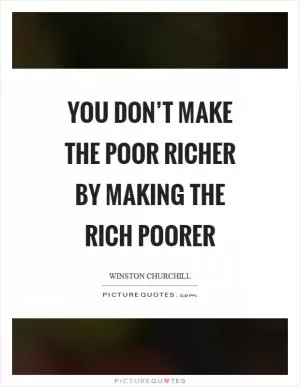
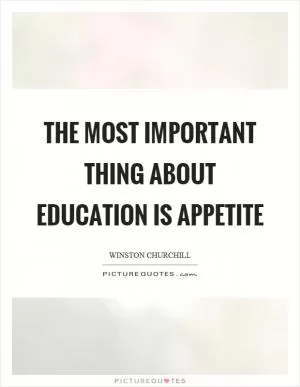
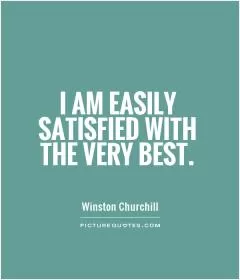

 Friendship Quotes
Friendship Quotes Love Quotes
Love Quotes Life Quotes
Life Quotes Funny Quotes
Funny Quotes Motivational Quotes
Motivational Quotes Inspirational Quotes
Inspirational Quotes